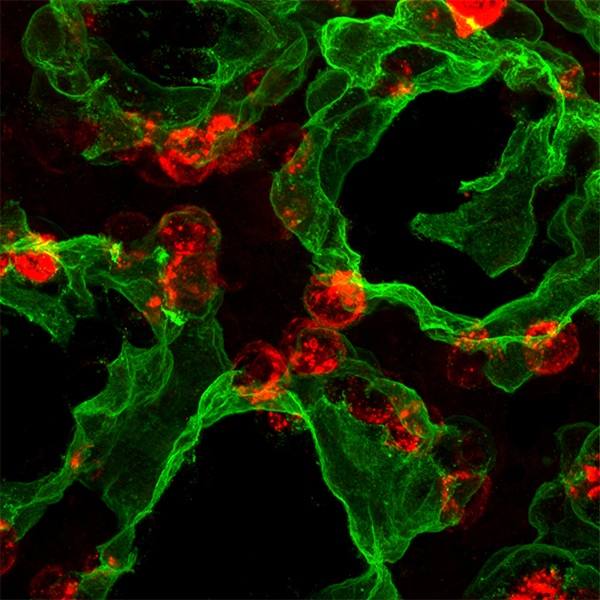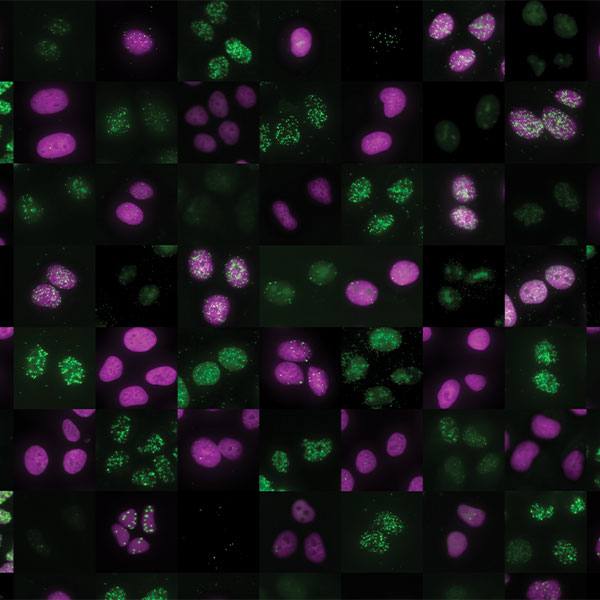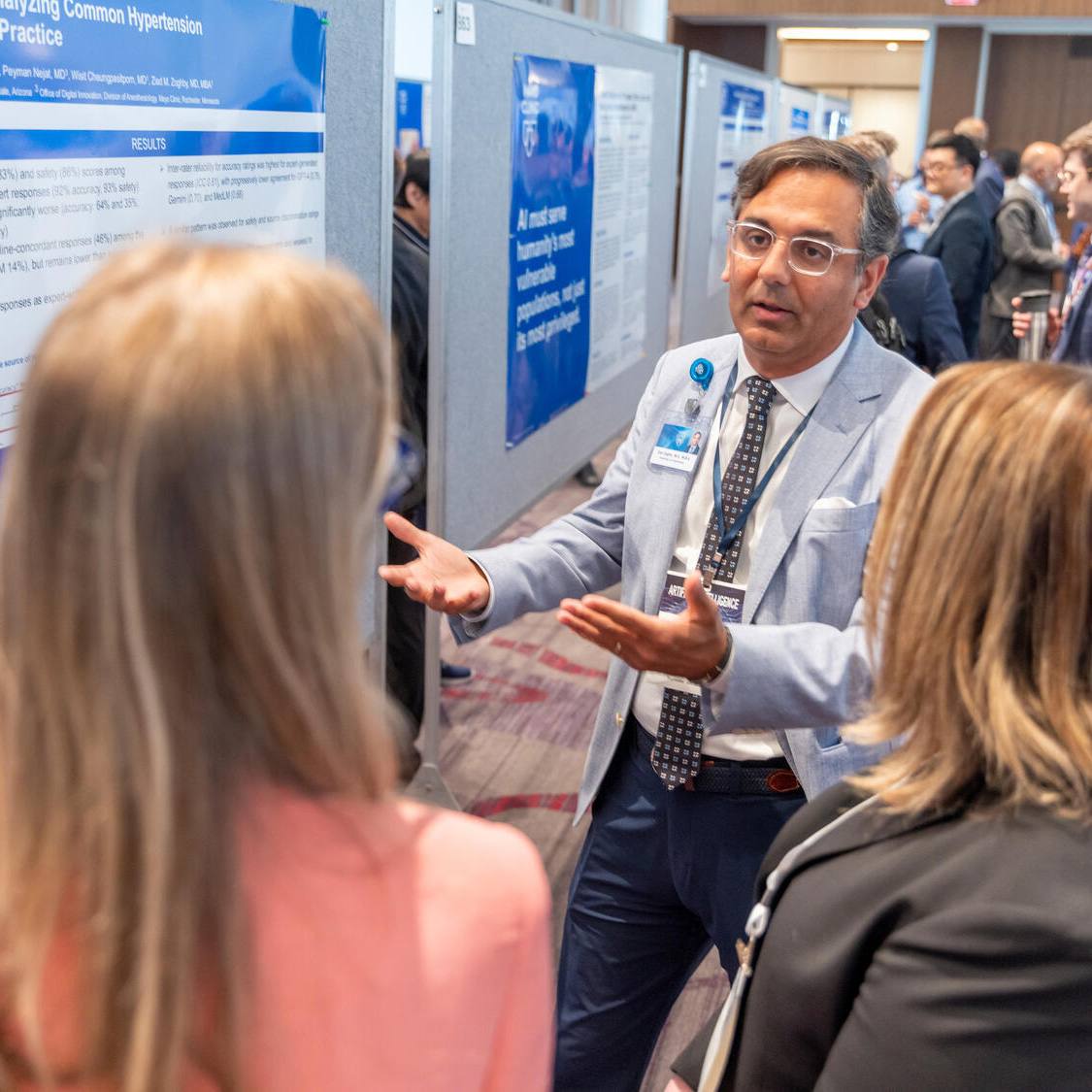-
Mayo Clinic solves genetic mystery of woman’s lifelong ultra-rare disease

For nearly five decades, Patti Schultz's life was defined by mysterious and debilitating health conditions that caused her to feel isolated and discouraged.
Her whirlwind of medical appointments started the day she was born, as a 2-pound preemie. Throughout her childhood, one doctor after the next was baffled by her joint pains, selective mutism, distinctive facial features and short stature.
"I had this chronic pain, my joints were stiffening more and more," Patti says.
In her teenage years, Patti's search for answers grew more desperate as she developed moderate hearing loss. In adulthood, still without a diagnosis, her sprawling symptoms worsened. She developed diabetes, liver issues, kidney problems and restrictive lung disease. Her wrists and feet wouldn't bend like they should. Her main heart artery, her aorta, was narrower than normal.
Even so, one doctor after another proposed a different remedy. First, she was told weight loss, exercise and eating right were the magic cures for all her ailments. Next, she says doctors diagnosed her with a psychosomatic disorder and chronic fatigue syndrome.
"For years I was made to believe everything was in my head. And I began to think maybe they were right," she says. "Until I met the Mayo Clinic geneticist who changed my life."
After an exhaustive lifelong maze of medical evaluations and misdiagnoses, Patti received a referral to see Lisa Schimmenti, M.D., in Mayo Clinic’s Department of Clinical Genomics.
"Dr. Schimmenti looked me in the eye and said, 'I don't know what's wrong with you. We're gonna figure this out together. I won't stop until we do,'" Patti recalls.
Doctor harnesses advances in genetic science
Dr. Schimmenti is part of a team of hundreds of Mayo Clinic clinicians and researchers dedicated to solving complex medical mysteries. Her expertise is in genetic conditions associated with hearing and vision loss.
Dr. Schimmenti suspected Patti's confounding symptoms could be caused by a glitch in her genetic code. She began interrogating Patti's genome (complete set of genes) with great precision, using tools that only became available a little more than a decade ago. She emphasized to Patti that fewer than a third of rare disease patients ever receive a diagnosis.
"First we did some initial genetic testing where we looked at all of her chromosomes on a chip in a special way, called a microarray, which detects the expression of thousands of genes at the same time," Dr. Schimmenti explains. "But that didn't give us an answer. So we tried some other testing, and that didn't give us an answer."
Next, Dr. Schimmenti conducted a full exome scan to analyze Patti's 20,000 genes that provide instructions for making proteins, where most known disease-causing mutations occur. Dr. Schimmenti's team sifted through the genetic findings, discarding harmless variants while pinpointing mutations that could be causing the disease.
Long journey to life-changing diagnosis
After 50 years of searching for answers, Patti finally had a definitive diagnosis: Myhre syndrome, a connective tissue disorder caused by a disease-driving gene variation in the SMAD4 gene. The ultra-rare disease affects just 200 people worldwide.
Patti, 52, is now the oldest known person in the U.S. with Myhre syndrome – it's a title she says she's proud to hold.
"My diagnosis was absolutely the most amazing feeling," Patti says. "It has given me validation that everything I had been experiencing was real."
While Myhre syndrome does not have a therapeutic option, as with many other rare diseases, Patti is receiving care from a team of Mayo Clinic specialists who are helping to manage her various conditions.
Patti says her diagnosis has inspired her to sing with a choir. She also has found a new purpose in her life.
"I'm going to do everything in my power to make sure others don't have to go through the same thing I did," she says. "Dr. Schimmenti changed my life. Now, I can help change lives, too."
| Video: Patti Schultz shares her experience of her lifelong search for a diagnosis, at Rare Storytellers during Mayo Clinic's Individualizing Medicine Conference on November 3, 2022 in Rochester, Minnesota. |
Learn more
Read more stories about advances in individualized medicine.
Register to get weekly updates from the Mayo Clinic Center for Individualized Medicine blog.
Join the conversation
For more information, visit Mayo Clinic Center for Individualized Medicine, or Twitter at @MayoClinicCIM.







